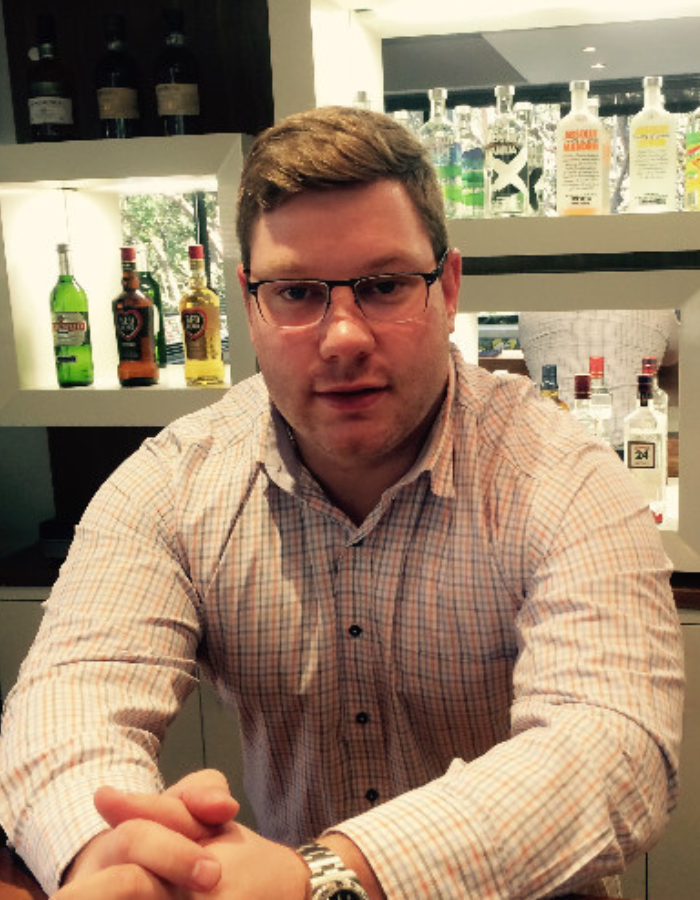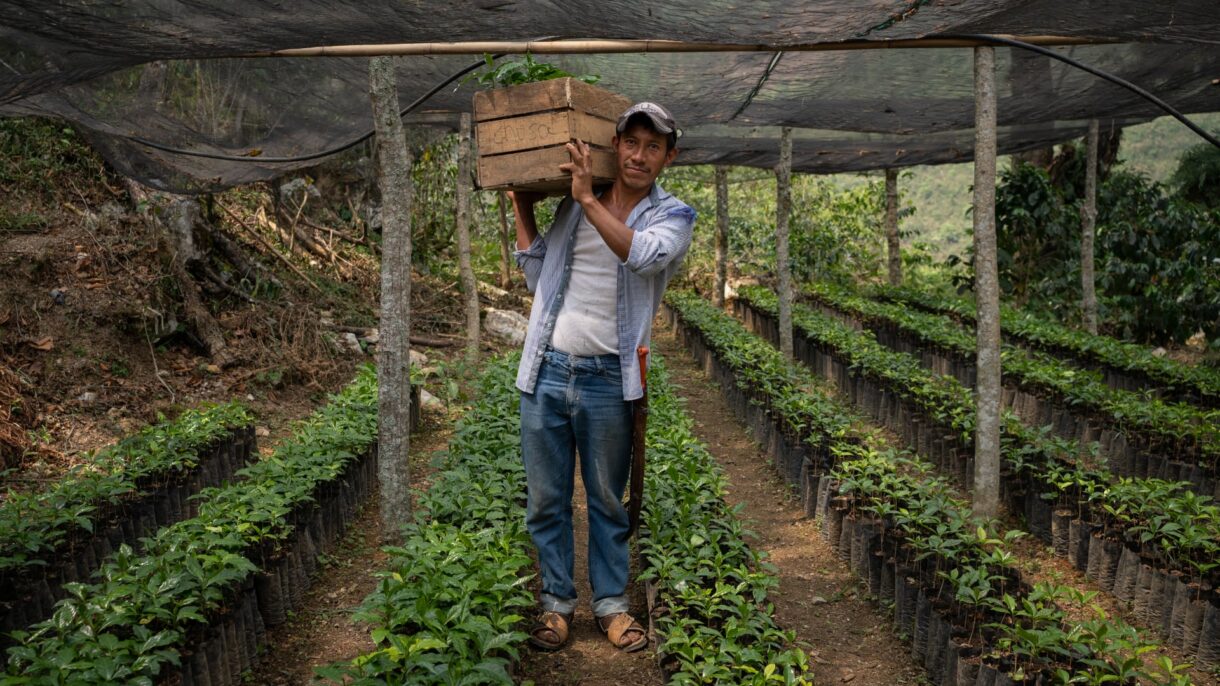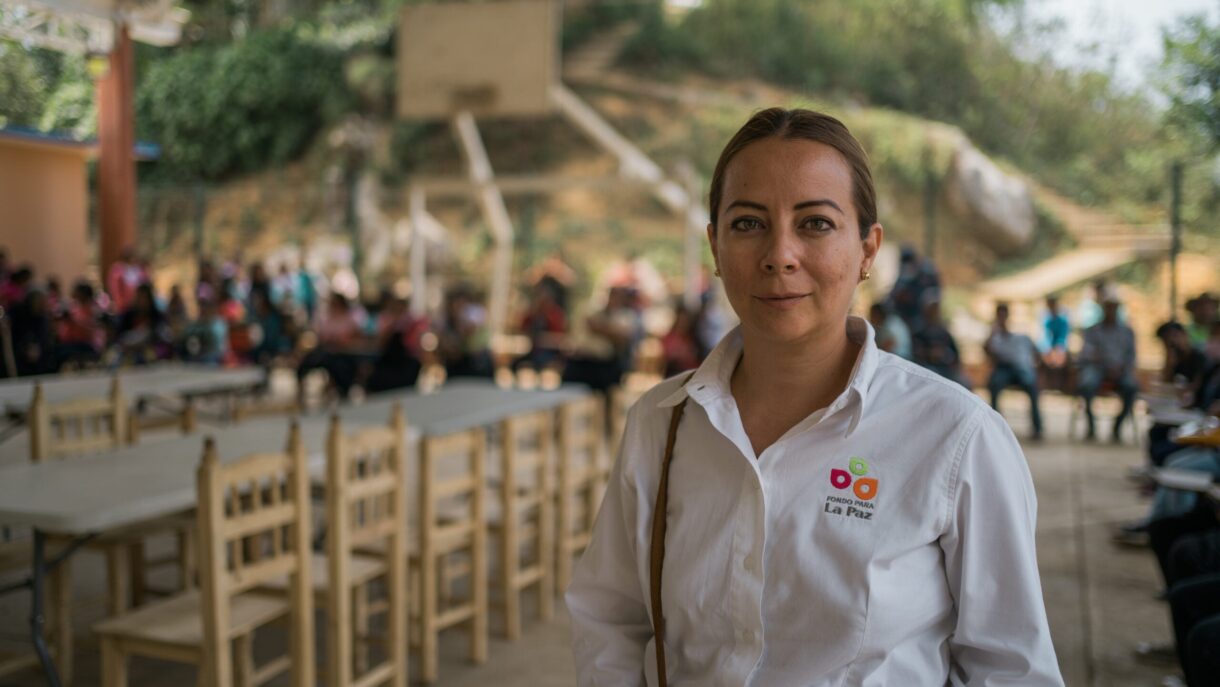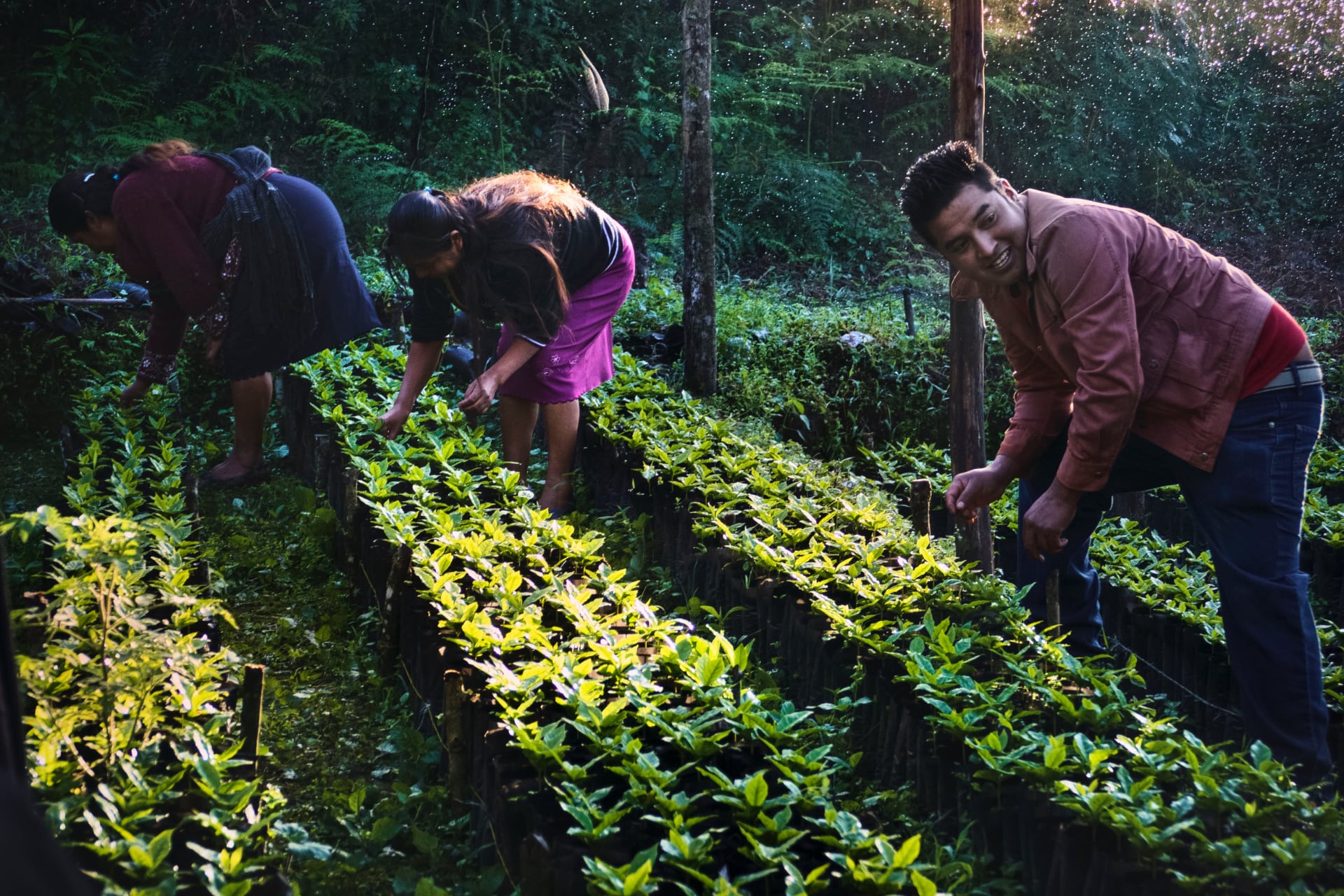
Kahlúa’s “Coffee for Good” project: Progress beyond farming
Arabica coffee is a key ingredient in Kahlúa and in 2016, we made a commitment to invest in the coffee communities of Veracruz in Mexico to help improve the livelihoods of many farmers. Since then, our Coffee for Good initiative has made great strides; we have reached our initial goals and are now expanding our project.
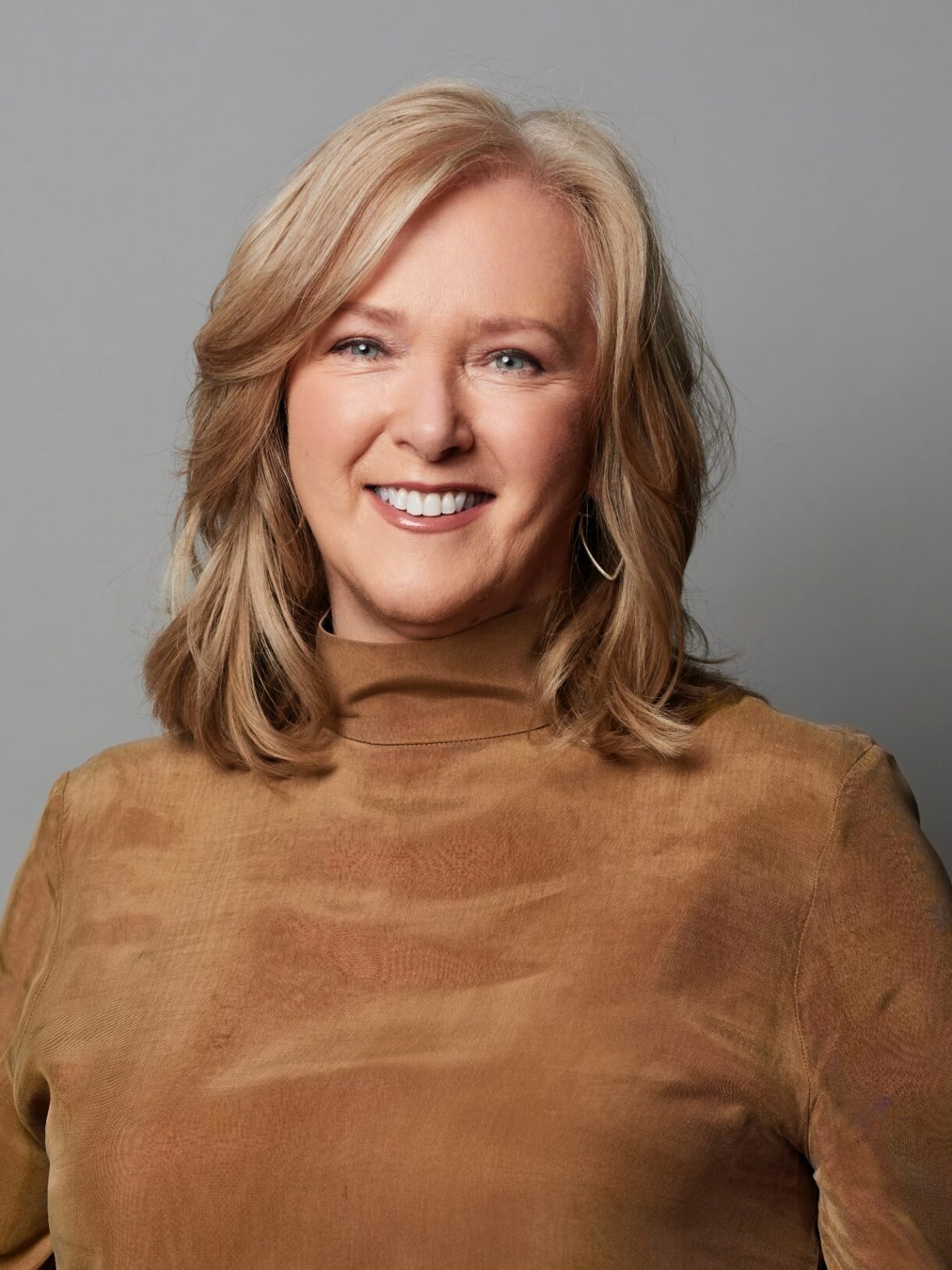
Over the past seven years, Kahlúa has been working closely with local NGO, Fondo Para La Paz in four local communities in the mountains of Veracruz, Mexico. Under the banner of Coffee for Good, we have been investing in better living and working conditions for farmers, establishing good agricultural practices and protecting the region’s biodiversity.
In 2022, we reached a significant milestone. Having nurtured close relationships with farmers, Kahlúa now has full traceability and confidence that its coffee is derived from Coffee for Good farms. One hundred per cent of its key ingredient, Arabica coffee is solely sourced from the remote Mexican farming communities participating in our initiative. We have full traceability of our coffee supply chain.
Lynne Millar, Director of Purchasing, Kahlúa, says: “It’s paramount that we have transparency and traceability across our supply chain – not only for our peace of mind, but it’s essential that we provide the same assurances to retailers facing mounting pressure from their customers to provide greater transparency into their supply chains.”
Having started in Ocotempa, a remote village in the Veracruz mountains, the project focuses on three interconnected themes – social, economic and environmental – to help smallholder farmers move towards a regenerative farming model and improved living conditions.
The project started by addressing communities’ most basic needs, such as improving access to fresh water and sanitation. Extensive planting has been undertaken – replacing old and less productive trees with new disease-resistant plants that are more resilient to climate change.
With the advice from experts, Kahlúa has provided nutrition and fertilisers to nurture young trees – as well as protect the environment and biodiversity. Establishing strong bonds between villages has also been vital in creating community support and encouraging knowledge sharing. Since the project began 704 farmers have been trained, 214 dry toilets built, more than 213,500 coffee trees planted and around 70 women are now in leadership roles.
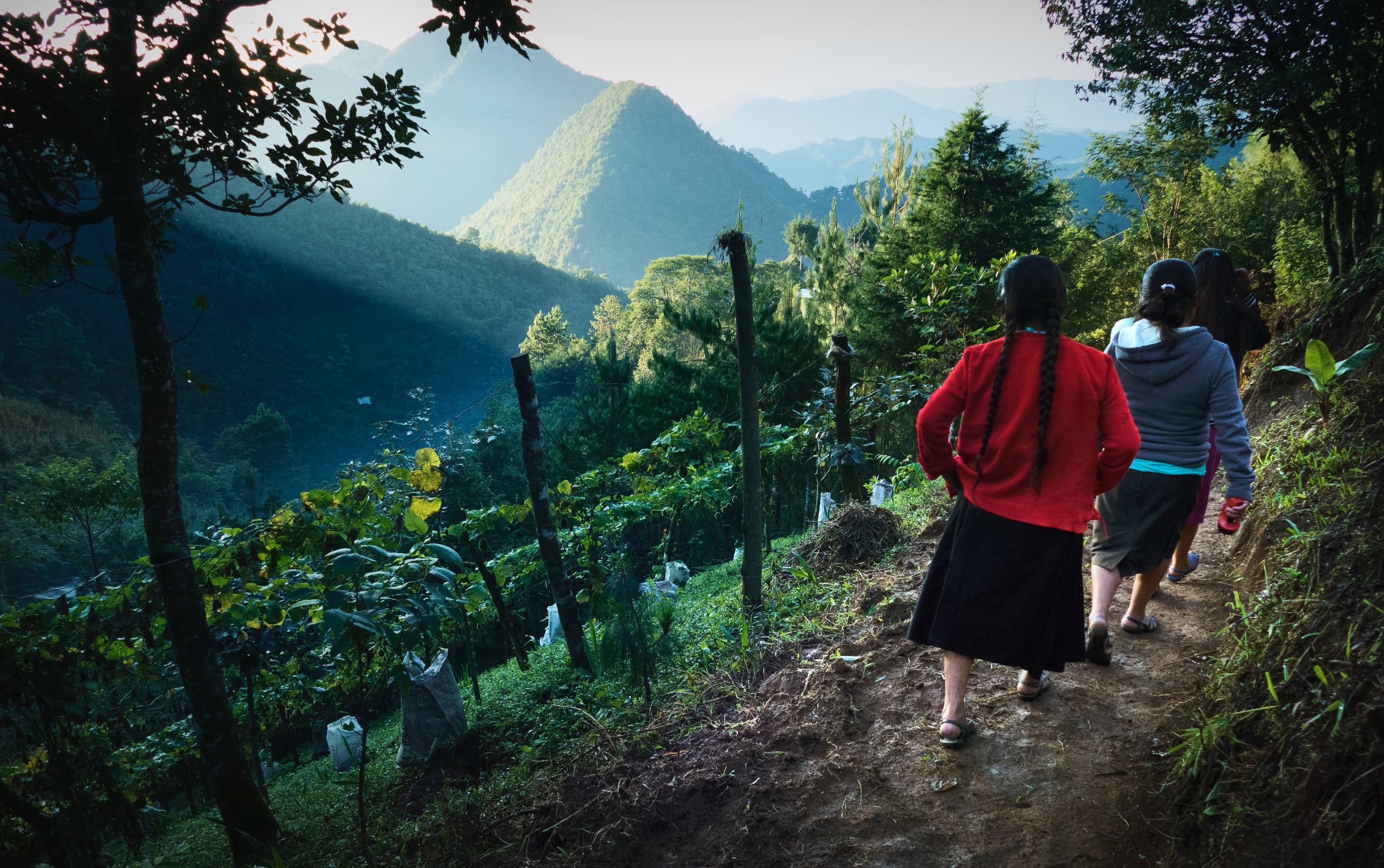
It’s paramount that we have transparency and traceability across our supply chain – not only for our peace of mind, but it’s essential that we provide the same assurances to retailers facing mounting pressure from their customers to provide greater transparency into their supply chains.
The project continues to evolve, and the next priority is to certify the work of the farmers and implement the standards for four new villages added to the Coffee for Good programme during the past year.
“We have taken on four new villages over the past year in the Veracruz region which means we can lean on the experience and our learnings over the past seven years to fast-track what worked,” says Lynne. “It’s great to see the communities coming together as one. Community leaders are in touch with each other to help and support everyone.”
While Veracruz has long been primed for quality coffee production, for years its farming methods and outdated business models have left its farmers at the bottom of the production chain. Many trees were decades old, leading to low production levels and poor-quality coffee. Subsequently, the price farmers were being paid was not covering all production and labour costs. For many years, income was a major problem. Many of these families in the communities were living on less than $1 per day.
The project’s work on sustainability goes beyond farming. An important part of our work with the communities has been with financial education, as many farmers didn’t have a bank account. We want to get to a stage where communities can be professional suppliers on their own, capitalising on opportunities and negotiating their own agreements without the programme’s facilitation.
It’s great to see the communities coming together as one. Community leaders are in touch with each other to help and support everyone.
Over the past year, we have been working closely with NGOs and farmers to go through all the stages of production (including wages which are often overlooked) to calculate how much it costs them to produce say a kilo of coffee. This ties into the UN SDG 8’s goal of fair pay. Today, farmers have a cost framework, so they understand all the costs and what needs to be produced to deliver a profit and payment.
“The cost framework isn’t about the market value of coffee. This is about how much it costs a farmer to produce a kilo of coffee at a fair profit margin. We’ve worked closely with NGOs to make sure the price is fair and reasonable,” says Lynne. “If you look at a world market price, it is irrelevant; the conditions and price of coffee in Brazil have no bearing on the costs in Mexico, for instance.”
Families and farmers are also learning more about water preservation, recycling, reducing waste and deforestation. Communities have initiated programmes to clean up rivers and streams close to the villages to ensure the landscape remains unspoiled. As the project has progressed, yields have improved.
We will continue to provide training and support via Fondo Para la Paz, which has a team ‘on the ground’ to help and support farmers. We are also examining the potential for youth scholarships at local agricultural colleges. In the past, younger generations have been quick to migrate to Mexico City to seek work but through the project’s success, many younger people believe that there is a future in coffee farming after all.

213K
new coffee trees planted

214
dry toilets built
161
water tanks built

704
farmers trained in farming techniques

70
farmers trained in farming techniques

35
young people trained in sustainable farming
